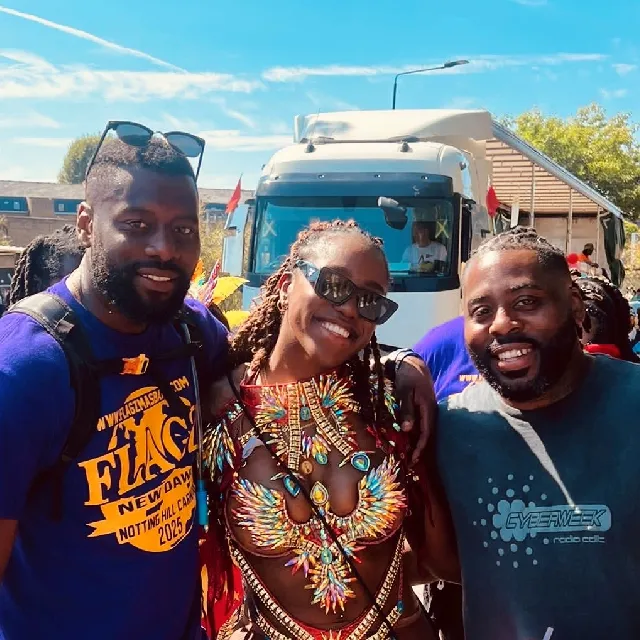
Nikki
There’s a strong sense of shame in some communities around illness – especially chronic conditions like diabetes, and I saw that play out in how my brothers processed it.
Nikki, from London, shares her family’s experience with type 2 diabetes and the impact of stigma.
